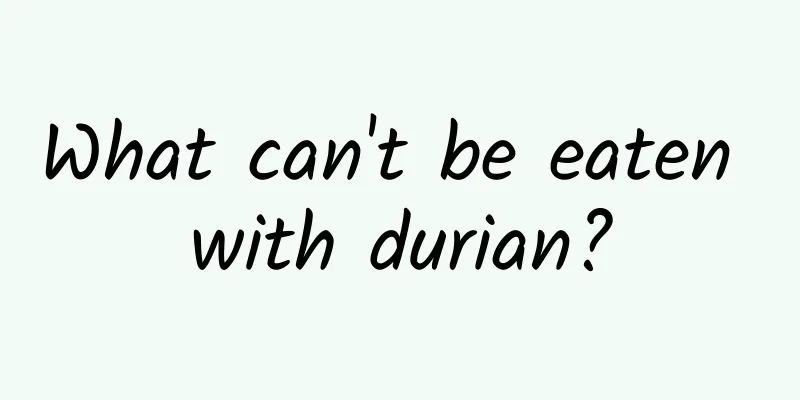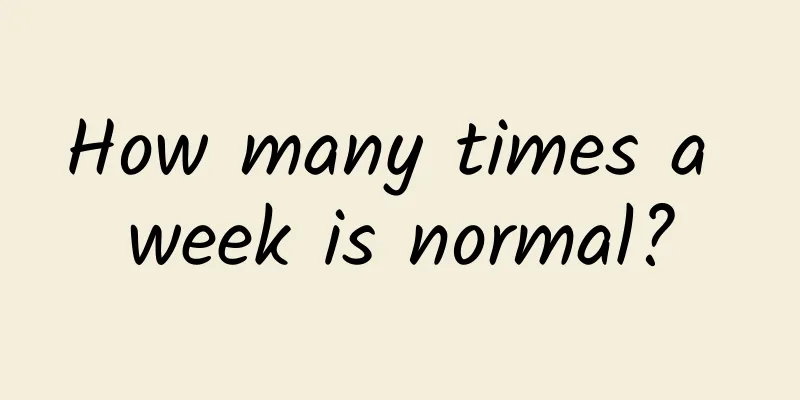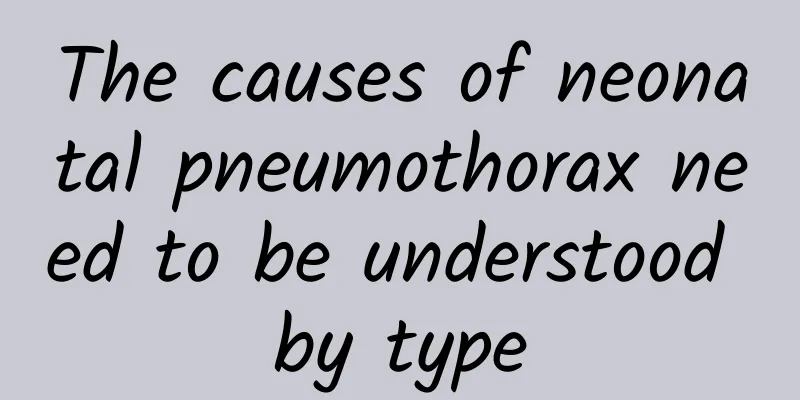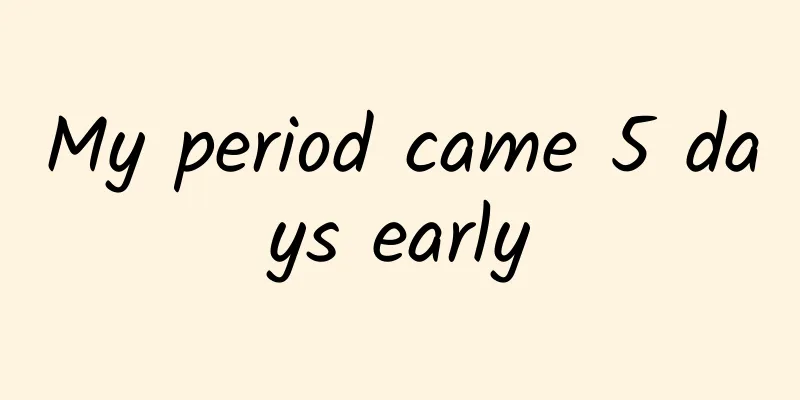Traditional Chinese medicine treatment for depression, common prescriptions
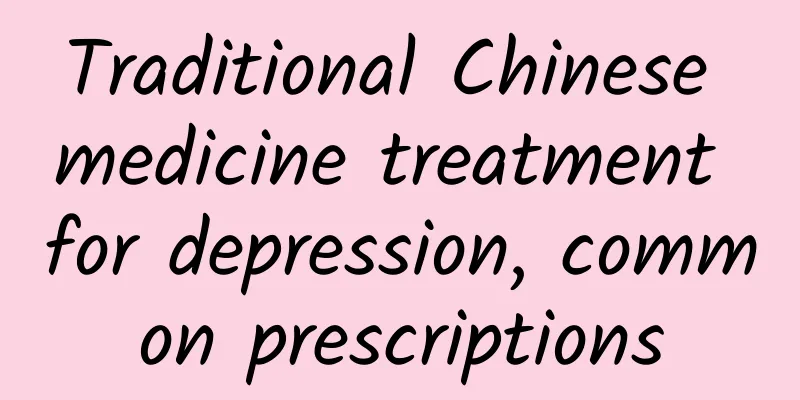
|
Depression is now a global disease. The pressure and trivialities in life and work can make us feel overwhelmed. If we are not optimistic in our daily lives, it is easy to develop depression. Depression must be treated as early as possible, and Chinese medicine can be used to regulate it. 1. Lily and Rehmannia Decoction: Lily, Rehmannia 2. Sini San: Bupleurum, Citrus aurantium, Peony, Licorice 3. Ganmai Dazao Decoction: licorice, wheat, jujube 4. Yueju Pills: Cyperus rotundus, Atractylodes macrocephala, Ligusticum chuanxiong, Gardenia jasminoides, Shenqu 5. Xiaoyao Powder: Bupleurum, Peony, Angelica, Poria, Atractylodes, Licorice, Mint 6. Chaihu Shugan San: Cyperus rotundus, Chuanxiong, Bupleurum, Citrus aurantium, Tangerine peel, Peony root, Licorice root 7. Banxia Houpu Decoction: Pinellia, Magnolia, Poria, Ginger, Perilla Leaf 8. Xiao Chaihu Decoction: Bupleurum, Scutellaria, Pinellia, Ginseng, Licorice, Ginger, Jujube 9. Danzhi Xiaoyao Powder: peony, angelica, bupleurum, poria, atractylodes, licorice, gardenia, peony bark 10. Chaihu plus Longgu Muli Decoction: Chaihu, Scutellaria, Pinellia, Ginseng, Ginger, Cinnamon Twig, Poria, Rhubarb, Dragon Bone, Oyster, Jujube 11. Other commonly used antidepressant prescriptions include: Wen Dan Tang, Jie Yu Tang, Jin Ling Zi San, Liu Yu Tang, Chai Hu Gui Zhi Gan Jiang Tang, Ping Gan Yin Zi, Tui Qi San, Jiang Qi Tang, Wu Chen Tang, Qi Qi Wan, Xue Fu Zhu Yu Tang, Yi Guan Jian, Gui Pi Tang, Ping Xin Wang You Tang, etc. 12. Traditional Chinese medicine emphasizes treatment based on syndrome differentiation. In the clinical treatment of depression, syndrome differentiation requires the integration of disease location, disease nature, and deficiency and excess to achieve comprehensiveness and accuracy. The occurrence of depression is closely related to the physiological dysfunction of the five internal organs, and the five elements are interrelated. Depression in any one organ can affect other organs and cause depression. If one organ is depressed, the other five organs will be affected and affect each other. The most common ones are liver depression and spleen deficiency, heart and spleen deficiency, heart and lung yin deficiency, liver and kidney yin deficiency, etc. Qi stagnation is a common syndrome of excess, and is more common in the liver, spleen, and lungs among the internal organs; phlegm stagnation may be a syndrome of excess or a mixture of excess and deficiency, and is more common in the spleen and lungs among the internal organs; blood stasis is a mixture of excess and deficiency, and is more common in the liver and kidneys among the internal organs; deficiency of both Qi and blood is more common in the heart, liver, and spleen among the internal organs; deficiency of Yin and blood is more common in the liver and kidneys among the internal organs. |
<<: Traditional Chinese medicine treats migraine and relieves your pain
>>: What is the reason for continuous sweating? Male friends should pay attention
Recommend
What happens if the fetus is born without oxygen?
Some pregnant women often experience unexpected s...
Folk remedies for treating mastitis
There are many common diseases among women, so th...
What is discoid lupus erythematosus
Discoid lupus erythematosus is an ancient and com...
What to do if the water in chickenpox turns yellow
Varicella is a relatively common skin disease. Wh...
What's wrong with headache and retching?
Headache and dry retching are also common symptom...
Symptoms of chronic rhinitis
Whether you are a student or a working adult, if ...
Is it good to eat black chicken soup for insufficient qi and blood? Recipe for replenishing qi and blood
It is very common for women to suffer from insuff...
Effective ways to delay ejaculation
No one wants to be a three-minute ejaculation man...
How to maintain health during the Beginning of Summer
During the Beginning of Summer, various health ca...
What are the symptoms of viral hepatitis?
The harm caused by viral hepatitis is very seriou...
What are the foods that can promote blood circulation and resolve stagnation?
In the theory of traditional Chinese medicine, no...
What fruits to eat for pharyngitis? Three major fruits are your first choice for soothing your throat
The hot summer is the peak season for pharyngitis...
What kind of pot should be used to cook Chinese medicine?
Usually, many friends will choose to treat certai...
Is moderate fatty liver serious?
Moderate fatty liver is a type of liver disease, ...
Woman, if you keep washing like this, your hair will fall out sooner or later
Everyone may have had this experience in life: ju...
